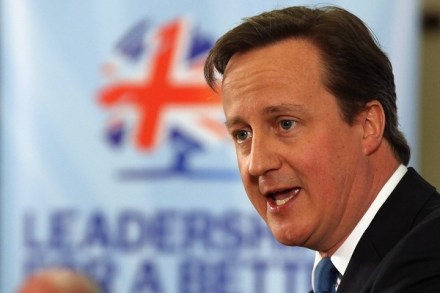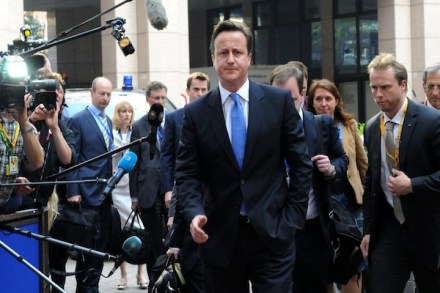Cameron’s fuel duty gamble
Talk to anyone in Downing Street and they can give you the four main reasons that voters cite for switching from the Tories to Labour: the Tory leadership is out of touch, the cost of living, immigration and welfare. The first two of these reasons are why the government has been prepared to risk further ridicule by changing the Budget again to postpone the 3p fuel increase planned for August until the end of the year. The timing of today’s move, just hours after Ed Balls said Labour would call a Commons vote on the matter, will attract much Westminster comment. But the Tories are confident that this will pass

















